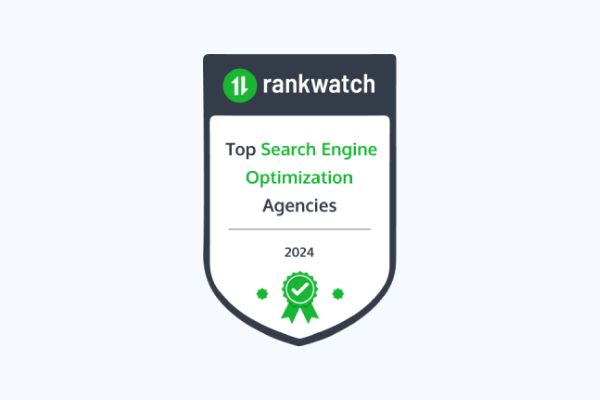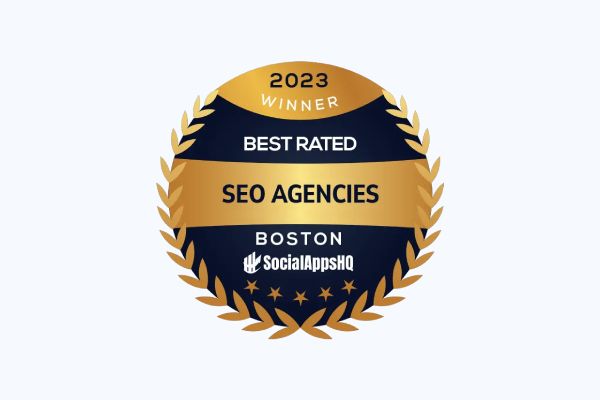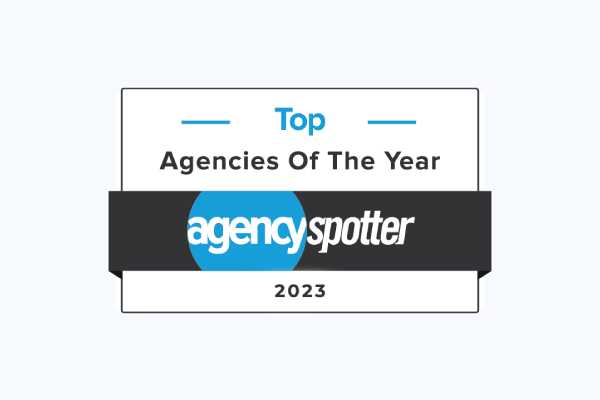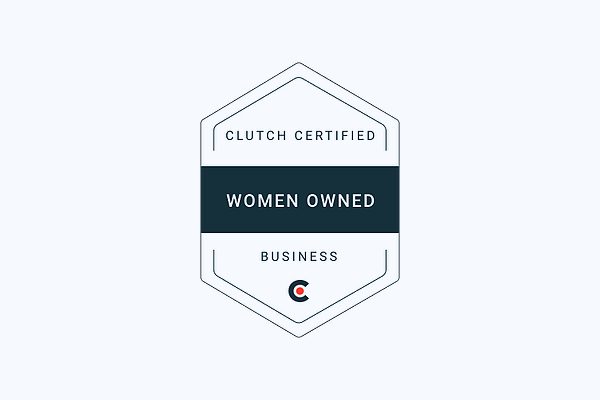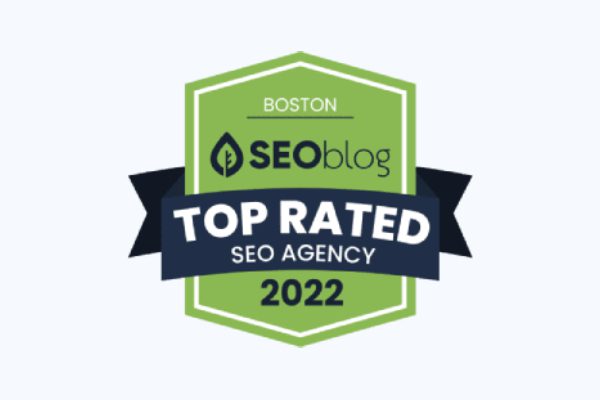Don’t Let Google Punish You for Bad SEO Practices and Mistakes
Do you know the bad SEO practices and mistakes that will cause your organic page rankings to plummet? If you’re working hard to improve your SEO results, read on. Here’s a valuable list of bad SEO practices and mistakes you can make that can downgrade your ranking, or even get your webpage removed entirely!
Don’t Waste Your Efforts with Bad SEO Practices
Some companies will do almost anything to get to the top of the SERP (Search Engine Results Page). It’s not hard to see why:
- The top three Google search results get 54.4% of all clicks.
- Leads from SEO have a 14.6% close rate.
- 53.3% of all website traffic comes from organic searches.
As the real estate on the SERP for organic results shrinks, some companies take on risky SEO techniques. While some companies do so knowingly, While some companies do so knowingly, many are unaware of Google’s policies and the severe penalties it can impose on those who try to game the system. In this article, we share SEO techniques that can send you to the bottom of the SEO heap—and how to avoid Google’s wrath.
Google Watches Out for Unfair SEO Techniques and Bad SEO Practices
Google’s goal is to provide the most relevant, high-quality results for every user search. It doesn’t take unfair bad SEO practices lightly and has two types of penalties it can take to teach the offending website owner a lesson. Google’s policy manuals call these algorithmic and manual actions.
Algorithm Actions
The Googlebot web crawler detects about 99% of spam content or about 40 billion spam pages per day. When Googlebot spots violations, it can automatically downrank or delist a page. With algorithmic actions, once the issue is fixed, Googlebot will remove the penalty the next time it revisits your page.
Manual Actions
This article focuses on the 1% of penalties manually imposed by Google’s human webspam review team for violating Google Search Essentials. If a website owner receives a manual action, they must fix the violation and send Google a reconsideration request. If Google denies the request, the website owner can make further efforts and submit another request. Lifting a manual penalty can take weeks or longer, and you may not be able to regain your ranking and traffic.
Yes, manual actions have serious consequences. How can you avoid them?
The Best defense is a good offense. Below are common reasons for manual actions and some ways to address them. This is not a complete list, nor does it provide all the solutions, but it’s a solid start for avoiding damaging penalties for SEO violations.
1. Spam
The many types of spam listed in Google spam policies can be divided into several categories. Sites can be abused through third-party spam when, for example, people put up spam links in a user comment section. User-generated scams occur when people add spam content or links in areas such as user profiles and forums. Spam can also occur if a website has a free host that supports spammy websites that violate Google guidelines.
When building or modifying your website, always hire a reputable developer or agency to build a compliant site and use a host that offers fast, safe, and secure hosting when building or modifying a website.
2. Keyword Stuffing and Hidden Text
Google can spot keyword stuffing when key phrases are excessive, seem unnatural, or are out of context. Hidden text, a form of keyword stuffing, contains text or links that contain keywords that are visible to search engines but not to visitors.
Here are some ways to avoid keyword stuffing:
- Use the target keyword only once in the title, sparingly in H2 tags and metatags, and evenly sprinkle them—in context—in the content.
- Replace exact-match keywords with synonyms, long-tail keywords, and rephrased terms.
- Properly format your text with headings and paragraphs and strictly limit the use of bold, italics, and all caps.
3. Unnatural Links
Google Search Console will send a notification if it detects “a pattern of unnatural, artificial, deceptive, or manipulative links pointing to your site,” which can occur from buying links or participating in linking schemes. Google also penalizes sites with spammy outbound links.
Don’t participate in any linking scheme, undo all the forum spam, and remove low-quality links to and from your site. If you can’t remove unnatural links, add them to your disavow file to deactivate them.
4. Thin Content
Another top cause of manual actions is thin content, with lots of pages that provide visitors with little value.
Avoid affiliate cookie-cutter pages, poorly written syndicated copy, and keyword-stuffed, low-value doorway pages that only exist to manipulate search rankings. You can avoid this violation by removing low-quality or shallow content and replacing it with high-quality, valuable content.
5. Duplicate Content
Duplicate content is when more than one URL has very similar or exact copies of the same content. When this occurs, web crawlers become confused about which pages to present. In Google’s words, “Google tries hard to index and show pages with distinct information,” so duplicate pages can tank rankings and, in the most extreme cases, can cause Google to remove the entire site from search results.
Common causes of duplicate content include:
- Improperly managing WWW and non-WWW variations
- Granting access with both HTTP and HTTPS
- Using both trailing slashes and non-trailing slashes
- Including scraped or copied content
- Having separate mobile and desktop versions
Tips to avoid duplicate content are auditing your site for duplicate content, monitoring indexed pages in the Console, and implementing canonical tags and 301 redirects as needed.
Front End and Back End SEO: The Secret to Search Engine Rankings
6. Spammy Auto-Generated Content
Chat GPT, Open AI, and other AI systems can serve up low-quality or incorrect content that people don’t bother to verify. Lack of quality and value causes the pages to suffer in rankings. Always review your site to identify and prune low-quality pages, carefully spell check and proofread copy, and write in a human-friendly way.
7. Incorrectly Structured Data
Structured data based on Schema.org technical and search guidelines helps Google more easily access, understand, and interpret webpages. However, inappropriate structured data used to manipulate user behavior can lead to manual penalties, including the page becoming ineligible to appear in valuable rich results. Web developers should strictly conform to Schema.org guidelines for each type of structured data.
8. Paid Links
Companies can purposefully or unknowingly fall prey to link schemes, the black hat SEO practice of buying or selling links to artificially inflate search rankings. One notorious example is link farming, which uses a network of low-quality, auto-generated sham sites that all link to each other. The best backlinking strategy is to build relationships with authoritative sources that publish high-quality content.
9. Cloaking, Cloaked Images, and Sneaky Redirects
Cloaking is the deceptive practice of showing one landing page to search engines and a significantly different one to users. Similarly, sneaky redirects send users to content they don’t expect, often a highly commercialized page. When detected, Google will likely demote the page or even completely drop it from search results.
10. Sneaky Mobile Redirects
In sneaky mobile redirects, computer and mobile see the same URL in search results. However, the link sends computer users to the correct page and mobile users to another—often a WAP-click affiliate program created for mobile traffic monetization. Website owners may also be unaware of mobile redirects caused by hackers and third-party scripts. Avoid Google potentially removing these pages from the index by choosing advertisers and partners who are transparent on how they handle user traffic.
11. AMP Content Mismatch
AMP (Accelerated Mobile Page) content is a stripped-down HTML version of a webpage that loads quickly on mobile devices—leading to better user experience and SEO. If the AMP version and the canonical master version of the page don’t match, Google will drop the mobile-optimized AMP page. Always verify that the AMP page is associated with the correct canonical page and confirm that what Google and the mobile user see is essentially the same.
12. News and Discover Policy Violations
Google’s manual actions used to be limited to search-related violations. As of 2021, websites can receive manual penalties for violating Google News and Google Discover guidelines. Examples of such violations include content that is adult-themed, misleading, terrorist, harassing, dangerous, harassing, or lacks transparency.
Don’t Let Bad SEO Practices and SEO Mistakes Hurt Your Business
It’s better to be safe than sorry with your SEO efforts and hard-won top rankings. Keeping up with all of Google’s policies and changing search algorithms is difficult, but it pays to take the necessary precautions to avoid manual actions. When choosing a web design or SEO agency, be sure they are above-board, reputable, and knowledgeable about Google’s SEO policies—and how to avoid costly penalties.



